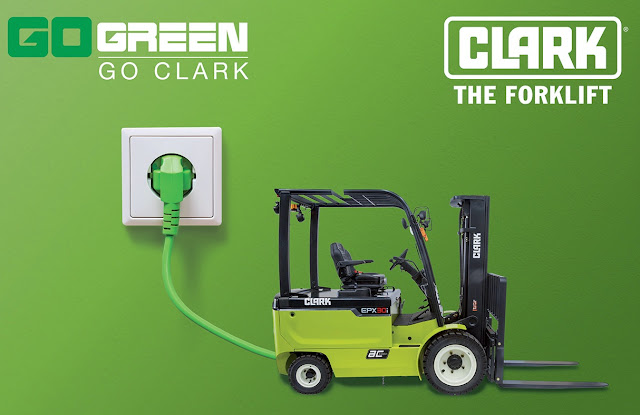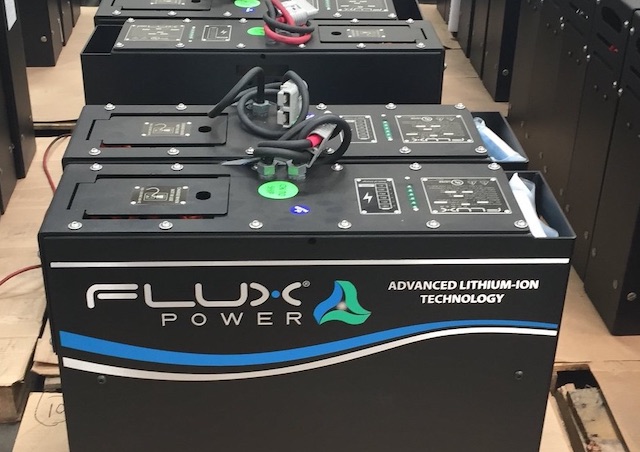In the material handling industry, high productivity and efficiency are king. Whether you have one forklift or fifty, your equipment must have the power to deliver consistent results in order for you to win in your space, and ultimately, gain a competitive advantage. To do this, you’ll need a powerful tool to help you stand out.
One way to differentiate yourself from the competition is to incorporate advanced energy solutions or, more specifically, lithium-ion batteries (LiBs). Capable of rapid charging speeds and requiring minimal maintenance, lithium-ion batteries can take your operation to new heights.
What are the advantages of lithium-ion batteries for forklifts?
Still not convinced? Here are five reasons why you should consider adding lithium-ion batteries to your fleet.
Increased Productivity of Lithium-ion Batteries
In material handling, we understand time is money and with lithium-ion batteries, you won’t have to worry about getting the job done. Lithium-ion batteries require less time to charge than their lead-acid counterparts, which also have to rest before they can be used again. Thus, your fleet will benefit from increased productivity and throughput.
Since lithium-ion batteries maintain a higher, more stable voltage over the course of a shift, you will also experience higher forklift performance which can translate to increased throughput:

- Avoid charging lithium-ion batteries when they have too low of battery life left. Instead, charge them more often. They do not need to be fully charged to operate correctly as do lead-acid batteries. In fact, you can fast charge a LiB in a matter of 10-20 minutes during an operator’s break.
- Keep the battery away from elevated temperatures to avoid causing stress and changing capacity capabilities.
Reduced Downtime of Lithium-ion Batteries
Unlike traditional lead acid batteries, lithium-ion batteries can be opportunity-charged, or recharged throughout the shift when necessary, eliminating the headache of battery swapping, thus increasing your fleet’s performance and reducing downtime. On average, a lithium-ion battery will last two to four times longer than a lead acid battery.
Virtually Maintenance Free
Frequently having to maintain your lead acid battery can be time consuming and costly. However, lithium-ion batteries are virtually maintenance free and don’t require constant watering, equalize charging, or cleaning.
Reduced Maintenance Labor
Lithium-ion batteries come equipped with cells that are sealed so you don’t have to wash or add water to keep the batteries operational, which reduces maintenance costs.
Depending on your operation, it is possible that you don’t have to remove or swap batteries as you proceed through your workday because the battery can remain inside the forklift longer, eliminating the cost of additional storage and labor which is required for lead-acid batteries.
Comments
Post a Comment